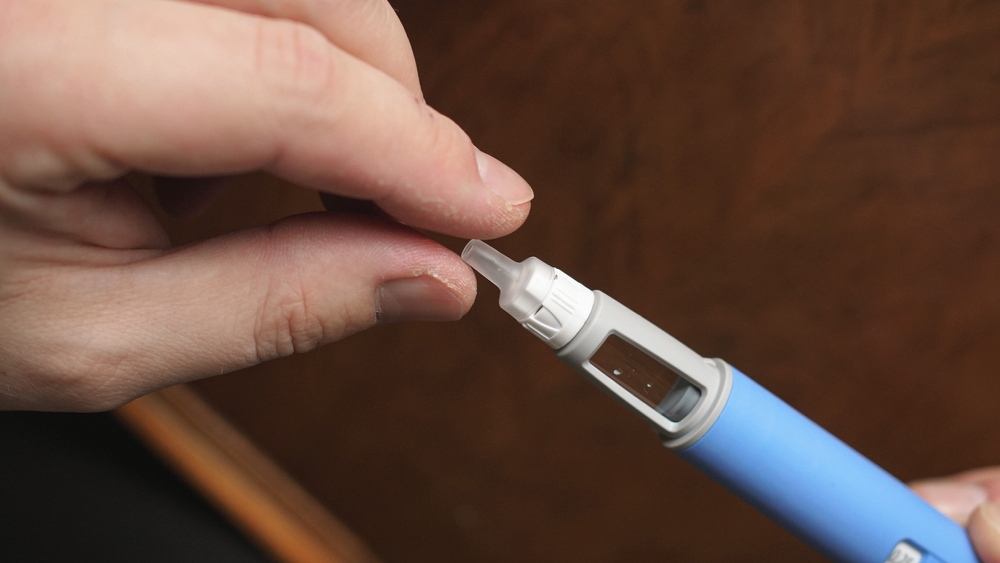Pioneering Strides in Diabetes Care
An unfolding development sees Novo Nordisk making headway in transforming the renowned Ozempic injection into an oral pill, with promising early results to revolutionise diabetes treatment.
Diabetes management is on the cusp of a paradigm shift. Novo Nordisk’s Ozempic, known for its prowess in regulating insulin by mimicking the GLP-1 hormone, has been making waves in the injectable form. The pharmaceutical giant is now testing an oral pill of Ozempic, which could be a game-changer for countless individuals.
Asia: A Crucial Battleground
In Asia, diabetes is reaching epidemic proportions. According to the American Diabetes Association, approximately 60% of the global diabetic population resides in Asia. As the numbers grow, so does the urgency for innovative treatment methods. Ozempic’s potential transition into pill form is particularly compelling in this region.
The sheer volume of diabetes cases in countries like China and India necessitates an overhaul of traditional treatment methodologies. Easier medication regimens can translate into better compliance and, ultimately, better population-level blood sugar control.
The Ozempic Evolution
Semaglutide, the active ingredient in Ozempic, has primarily been administered via injections. For many patients, this mode of delivery is daunting and discourages consistent treatment. However, the revelation that an oral pill form is in the offing has been met with immense anticipation.
Early results from a phase 3a trial involving 667 adults showed that the oral form of semaglutide achieved an astounding 15.1% weight loss compared to 2.4% in the placebo group. The leap from injection to pill could make the medication more accessible and appealing.
Novo Nordisk’s approach to delivering semaglutide in pill form may also address the psychological barriers to injection-based therapies. Many patients with diabetes experience ‘injection fatigue’ and would prefer an alternative method.
Cost and Accessibility
Though Ozempic’s transformation to an oral form is promising, cost is a significant concern. The high price tag of novel diabetes medications can be prohibitive for many patients, particularly in developing Asian countries. Governments and insurers need to recognize the long-term value of managing diabetes effectively. Supporting patients in accessing these new treatments could reduce the long-term economic burden of diabetes complications on healthcare systems.
The Road Ahead
As Novo Nordisk progresses with its trials, other companies like Pfizer are also racing to create oral diabetic medications. This competitive space promises to foster innovation and drive more effective solutions for diabetes management. The impact on patients’ quality of life is paramount. The ease of taking a pill compared to preparing and administering an injection cannot be understated.
Patient Perspectives
For patients with diabetes, particularly those juggling multiple medications, streamlined treatment regimens are life-altering. The introduction of Ozempic in oral form may allow patients to manage their condition with newfound ease.
However, patients must remain vigilant and informed. Understanding the potential side effects and how the medication interacts with other drugs is essential.
A New Chapter in Diabetes Treatment
Novo Nordisk’s commitment to patient-centric solutions is a testament to the potential of scientific innovation in addressing the growing diabetes epidemic. However, the road ahead remains fraught with regulatory hurdles, and the ultimate efficacy of the oral form in real-world settings remains to be seen.
With the diabetes burden looming especially large in Asia, the potential availability of Ozempic in pill form could empower patients to take control of their health in a more convenient manner. As Novo Nordisk and others continue to push the boundaries, it’s imperative that stakeholders across the health ecosystem come together to harness this momentum for change.
This development could mark the beginning of a new chapter in diabetes treatment. Patients, healthcare providers, and policymakers alike must now consider how best to utilise these advancements for the greater good of societies grappling with the diabetes epidemic.
References:
- Nanditha, A., Ma, R.C.W., Ramachandran, A., Snehalatha, C., Chan, J.C.N., Chia, K.S., Shaw, J.E., Zimmet, P.Z. (2016). Diabetes in Asia and the Pacific: Implications for the Global Epidemic. Diabetes Care, 39(3), 472–485.
- Novo Nordisk. (2023, May 22). Announcement.pdf: Novo Nordisk A/S: Oral semaglutide 50 mg achieved 15.1% weight loss (17.4% if all people adhered to treatment) in adults with obesity or overweight in the OASIS 1 trial.














